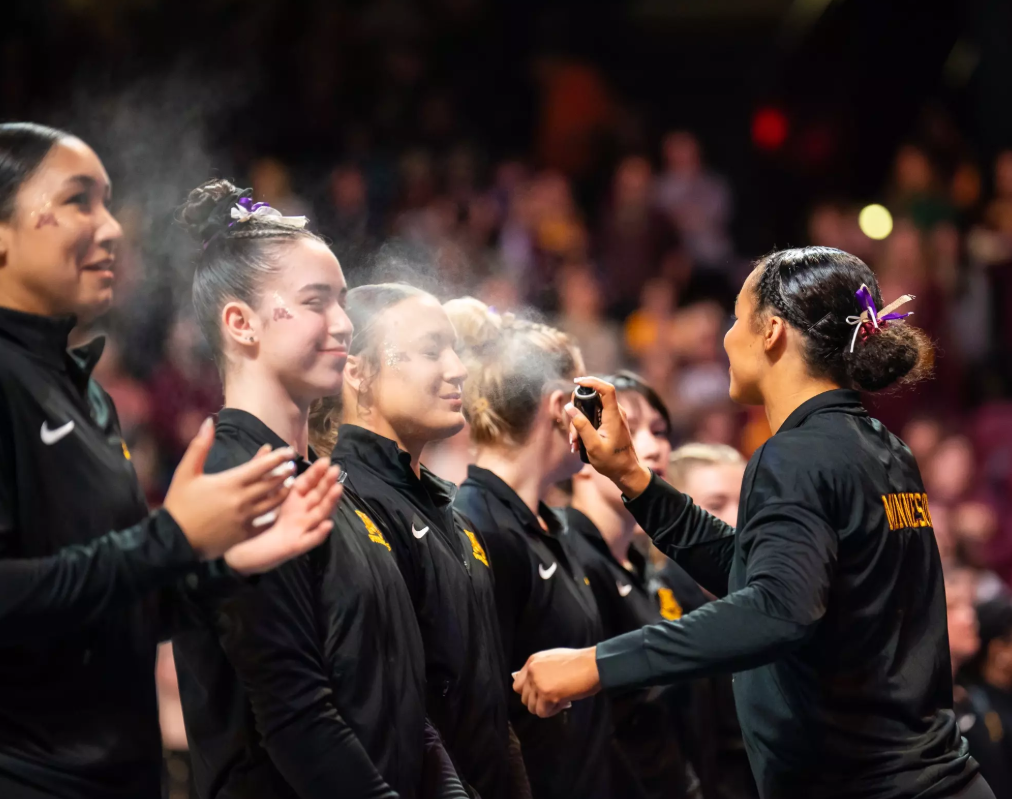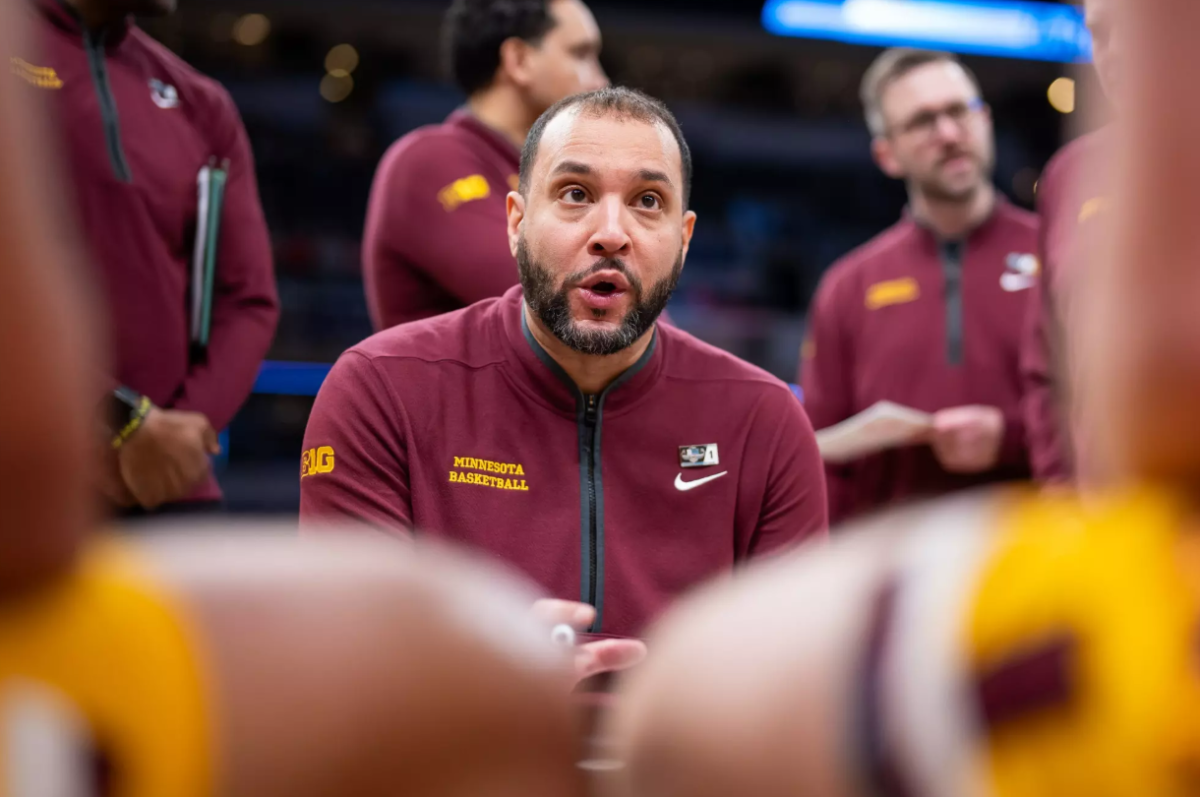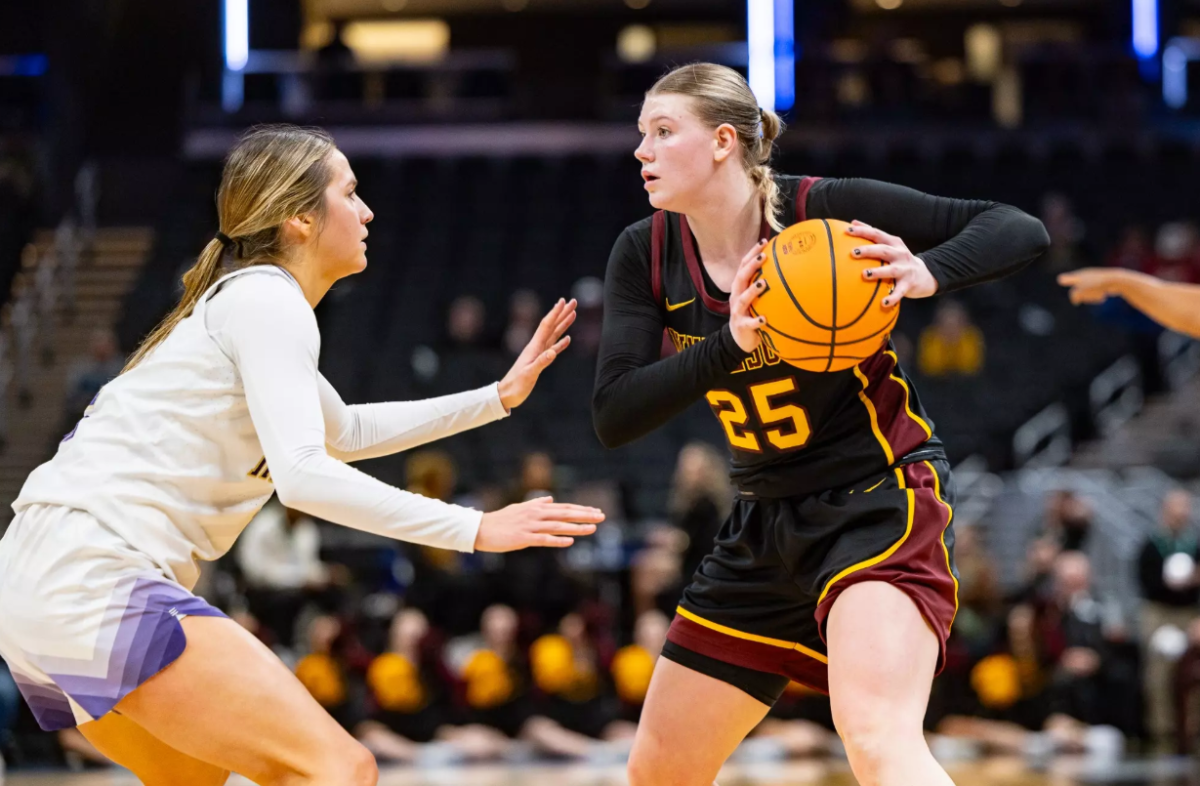A Hennepin County judge last week awarded almost $360,000 to a former University of Minnesota associate women’s head golf coach who claimed the school’s former golf director curtailed her responsibilities after learning of her sexual orientation.
Hennepin County District Judge Thomas Sipkins ruled that former University Director of Golf John Harris’ discrimination against Katie Brenny created an intolerable work environment that led to Brenny’s resignation in October 2010.
Sipkins awarded Brenny $334,588 for lost wages and $25,000 in damages for mental anguish. He found that “she was demeaned, belittled and prevented from performing the job that Harris had recruited her to fill.” He also found that University athletics department administrators turned a blind eye to Harris’ treatment of Brenny.
“These adverse actions by Harris as the University’s director of golf were intentional and motivated by his discriminatory animus toward Brenny because of her sexual orientation,” Sipkins wrote.
His ruling comes more than three years after Brenny originally sued the University’s Board of Regents and Harris and four months after closing arguments.
“I’m very grateful for the judge’s ability to discern the truth,” Brenny said in an email statement. “This is a win for me, but it’s become much more than that — it’s a victory for everyone who believes in equality.”
University spokesman Chuck Tombarge said the University is disappointed with the decision and “will closely review the findings, conclusions and order, and at that time … determine the appropriate next steps.”
Years of litigation
Former athletics director Joel Maturi hired Harris as director of golf in July 2010.
Unaware of her sexual orientation, Harris recruited Brenny for the associate women’s head coach position that same month. Brenny had played four years of Division I golf at Wake Forest University and had been playing professionally when Harris contacted her.
Harris also hired Ernie Rose, his son-in-law, as director of instruction and John Carlson as the associate men’s head coach that summer.
Brenny testified that when she started at the University in August 2010, Harris’ demeanor toward her had changed. Harris did not allow Brenny to travel with the team and “began a concerted effort to make Brenny’s ‘job’ and her life miserable,” Sipkins found. Harris told Brenny she had nothing to talk with the players about and could only email the team once a day. He later told her that she could only talk to the team about “boys, life and school.”
On Sept. 17, 2010, Harris presented Brenny with a revised job description, removing her core coaching duties and adding administrative duties, Brenny alleged. Brenny said she met with Maturi in October 2010, and he told her to comply with Harris’ demands or quit.
Brenny returned to Maturi on Oct. 20 after conditions worsened, and at that time, Maturi offered her a severance package. She said former assistant athletics director David Crum told her that if she didn’t accept the severance, the University would reassign her to TCF Bank Stadium to sell tickets.
Brenny resigned in late October 2010 “because she felt conditions were intolerable and she had no chance for fair treatment by Harris or the University’s athletic department,” Sipkins wrote.
A former player on the women’s team, Michele Edlin, told Brenny that she believed Harris had prevented Brenny from performing her coaching duties because he learned Brenny is gay. Brenny then rescinded her separation agreement during the 15-day legal grace period to do so and requested that she be able to perform her original job duties.
The University said it would reassign her to the sales position if she returned to her job, prompting the lawsuit.
Brenny sued in January 2011, charging the University with discrimination, harassment and retaliation based on sexual orientation. A fourth charge alleged that Harris individually interfered with Brenny’s contract.
In May 2012, the Minnesota Court of Appeals ruled that Brenny couldn’t sue Harris individually because his actions fell within his duties as a University employee. A judge threw out Brenny’s claims of harassment and retaliation in December 2012, leaving only the discrimination charge intact.
In the meantime, Harris resigned as director of golf in June 2011, and Rose also left the program. Harris has played sparingly on the Champions Tour during the past three years.
Brenny, 33, now works for The First Tee of Metropolitan New York, a youth-development organization that introduces young people to golf.







